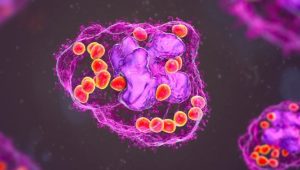In the new study, a team of scientists at Yale University in the US have created a complete human-like liver in a mouse model that could help find ways to regulate cholesterol levels and potentially treat chronic liver diseases.
The team used progenitor stem cells and mature cells known as hepatocytes from a human liver to create this model. According to these researchers, this organ developed into a similar size-adjusted shape and carried out similar cellular functions as a healthy human liver. The cellular functions in the humanised liver could also be manipulated to mimic human fibrosis and non-alcoholic fatty liver disease, the researchers added.
The functional human-like liver in living mice could help find ways to regulate cholesterol levels and potentially treat chronic liver diseases. The newly developed liver model can be used by drug companies seeking to assess safety of experimental drugs designed to treat chronic diseases.
Alcoholic and non-alcoholic liver disease, cancer, viral hepatitis, fibrosis and cancer affect more than 1.5 billion people worldwide. In the US, an estimated 30% to 40% of the population has been diagnosed with non-alcoholic fatty liver disease alone. Yet liver disease has been difficult to study in animal models. The livers of mice, for instance, perform different functions than those of humans.
The findings are published August 9 in the journal Cell.















